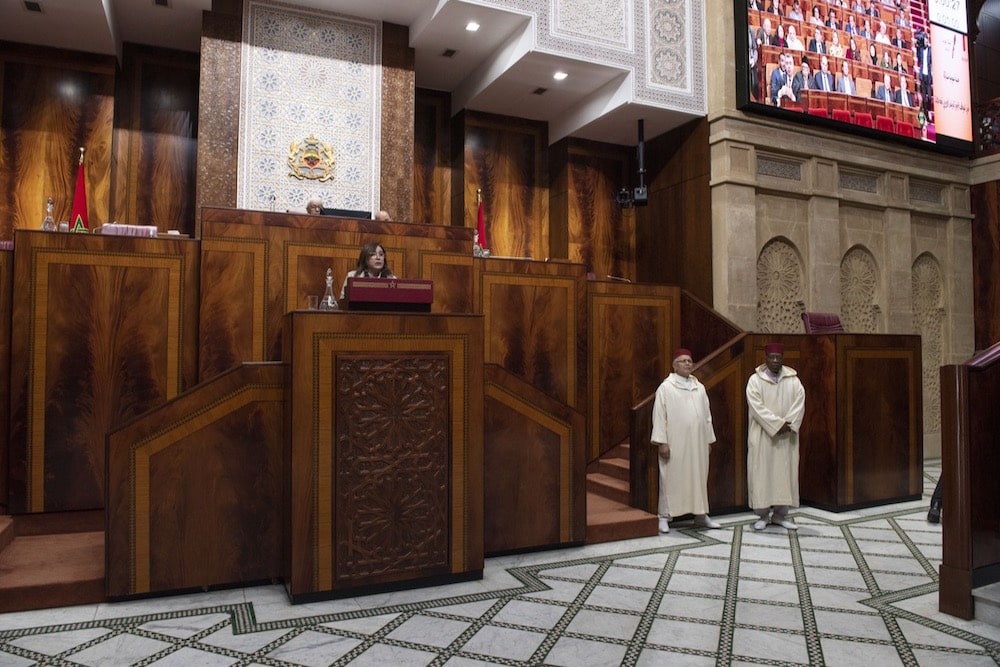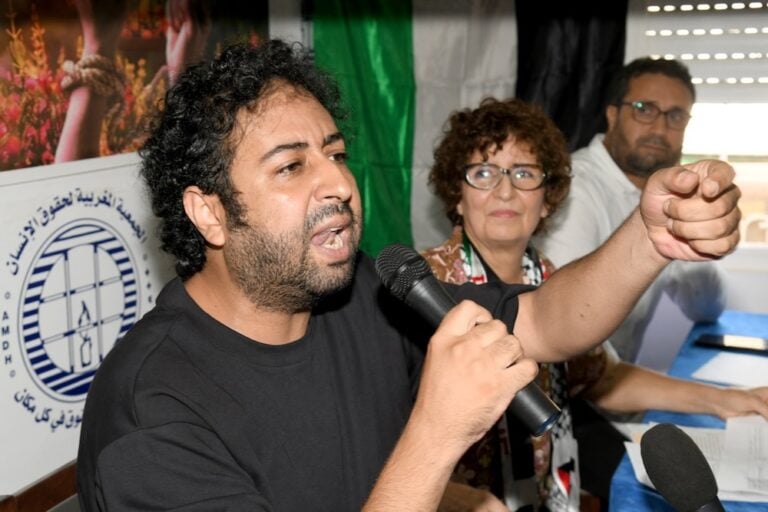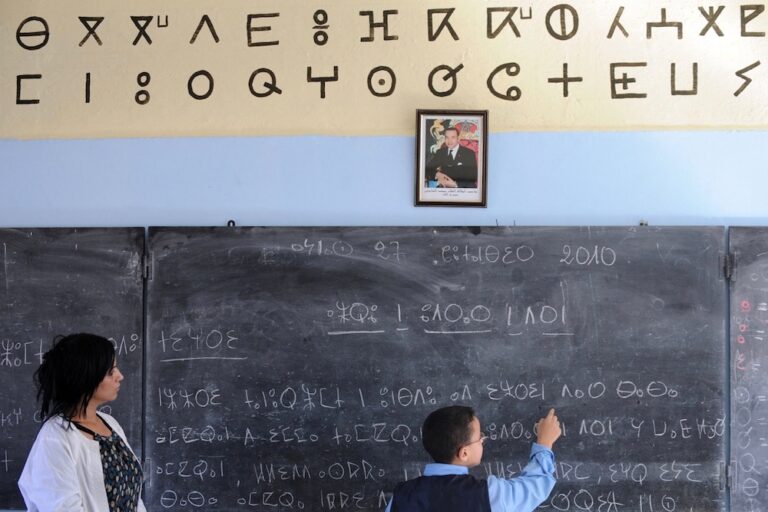An urgent resolution by the European Parliament calls on Moroccan authorities to respect freedom of expression and media freedom.
This statement was originally published on rsf.org on 19 January 2023.
After 25 years of passivity, the European Parliament adopted an urgency resolution today underlining the constant decline in press freedom in Morocco and calling for the release of imprisoned journalists, including 2022 RSF Press Freedom laureate Omar Radi. Reporters Without Borders (RSF), which has been alerting European parliamentarians to these problems for years, welcomes this historic decision.
This is the first time in 25 years that the European Parliament has adopted an urgency resolution on human rights in Morocco. Passed on Thursday 19 January by a very large majority of voters (356 in favour, 32 against, 42 abstentions), the resolution calls on the Moroccan authorities not only to respect freedom of expression and media freedom but also to ensure that the three journalists currently imprisoned in Morocco receive “a fair trial (…) as well as their immediate provisional release, and to cease harassment against all journalists, their lawyers and families.”
“We have been alerting MEPs to the intimidation and judicial harassment of Moroccan journalists for years,” RSF secretary-general Christophe Deloire said. “With this historic resolution, the European Parliament has ended an unfortunate tendency to exempt Morocco from any comment on violations of press freedom and human rights. Better late than never. Three journalists are currently imprisoned arbitrarily in Morocco and are waiting to be able to have a fair trial and stop being persecuted via the judicial system.”
The case of investigative reporter Omar Radi, which the resolution highlighted, is emblematic of the persecution to which the Moroccan authorities subject journalists. Awarded the RSF Press Freedom Prize in the Independence category in 2022, he has been detained since July 2020, and was sentenced on appeal on 3 March 2022 to six years in prison on trumped-up charges of spying and rape.
The European Parliament’s resolution included condemnation of “the misuse of allegations of sexual assault to deter journalists from performing their duties,” a practice that “endangers women’s rights,” the resolution said.
It also mentioned the cases of Taoufik Bouachrine, the publisher of the now closed Arabic-language newspaper Akhbar al-Yaoum, and Souleiman Raissouni, its editor, who are also the victims of the misuse of sex charges. Bouachrine was sentenced on appeal on 25 October 2019 to 15 years in prison on “human trafficking” and “rape” charges, while Raissouni was sentenced on appeal on 23 February 2022 to five years in prison for “sexual assault” on a young LGBTQI+ activist. As well as the similarity of their charges, both cases were marked by countless procedural irregularities. The UN Working Group on Arbitrary Detention found their detention to be arbitrary, saying they were targeted for doing their jobs as journalists and using their right to freedom of expression.
The resolution also condemned the use of NSO’s Pegasus spyware to spy on Radi and other journalists, calling on Morocco to “end its surveillance of journalists” and to “enact and implement legislation to protect them.” At the same time, it urged European Union member states to “stop exporting surveillance technology to Morocco in line with the EU’s Dual Use Regulation.”
Morocco is ranked 135th out of 180 countries in RSF’s 2022 World Press Freedom Index.



